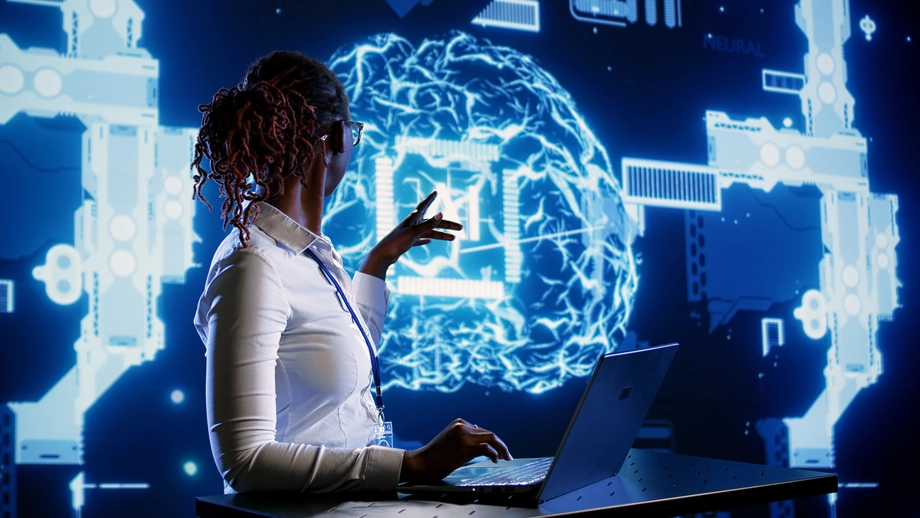In recent years, artificial intelligence (AI) has continued to create profound changes in every area of our lives. This revolutionary element of technology is not limited to industrial applications but also influences our daily lives. So, how can AI be adapted to everyday life? Are there specific areas where AI is used for particular purposes? How can AI be integrated into daily life?
Smart Home Systems
AI is making our living spaces more comfortable and secure through smart home systems. Smart thermostats, lighting systems, and security cameras can learn user habits and make automatic adjustments thanks to AI. For example, a smart thermostat can lower the temperature when no one is home to save energy and then raise it again when it detects that the user is returning. These systems enhance comfort while optimizing energy consumption.
Personal Assistants
AI-powered personal assistants like Siri, Google Assistant, and Alexa have become indispensable parts of daily life. These assistants can perform various functions, from managing the user’s calendar to checking the weather. Personal assistants can be customized according to users’ needs and become smarter over time, offering better suggestions. For example, they can help create shopping lists and suggest recipes.
Health and Fitness
AI is also creating significant changes in the healthcare sector. Smartwatches and fitness applications can monitor users’ activity levels, analyze health data, and provide personalized recommendations. For instance, an AI application can observe a user’s daily activity level and suggest improvements for sleep patterns, dietary habits, and exercise routines. Moreover, for healthcare professionals, AI offers the ability to diagnose diseases more quickly and accurately.
Education
AI has the potential to revolutionize the education sector as well. AI-supported learning platforms can provide personalized educational experiences for students, making the learning process more effective. Offering customized content based on students’ interests and learning speeds can increase success rates in education. Additionally, AI is becoming an important tool for teachers to monitor student performance and provide feedback.
Transportation
AI is also transforming the transportation sector. Autonomous vehicles, traffic management systems, and navigation applications are becoming safer and more efficient through AI. For example, autonomous vehicles can analyze environmental data to minimize driver errors and prevent accidents. Additionally, AI systems that optimize traffic flow are being used to address transportation issues in cities.
A Specific Approach: Detection of Non-Standard Chemicals
Beyond these general and comprehensive areas, AI can also be integrated for more specific tasks, such as the detection of non-standard chemicals. A solution like Forle/AI can instantly identify and detect non-standard chemicals. It quickly conducts analyses and provides detailed information about the sample’s content. Therefore, the use of AI-based devices in daily life can yield effective, practical, and impactful results in specific areas.

